How to Choose the Right Organic Fertilizer for Healthy Plants
Learn how to choose the best organic fertilizer based on soil type, plant needs, and sustainability for optimal growth and soil health…
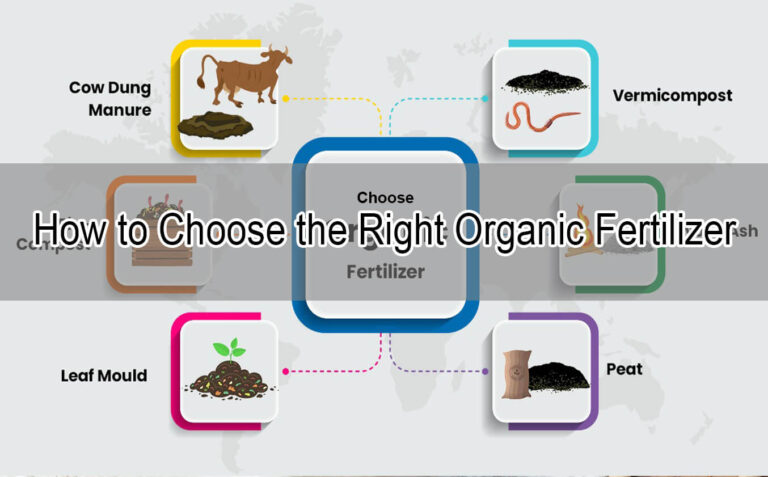

Learn how to choose the best organic fertilizer based on soil type, plant needs, and sustainability for optimal growth and soil health…
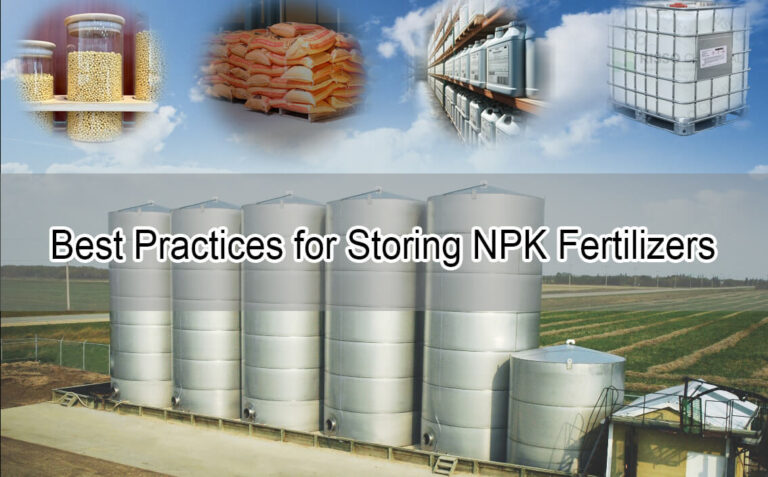

Learn the best practices for storing NPK fertilizers to maximize shelf life and potency. Discover tips for keeping your fertilizers effective


Explore the types of organic fertilizers, including animal, plant, and mineral-based options, to enrich your soil and support sustainable farming practices.
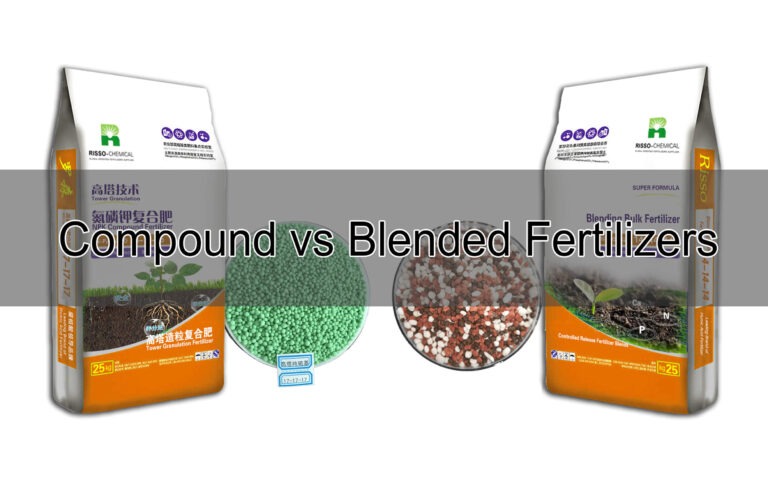

Learn how to calculate the best NPK fertilizer formula for plants. Optimize growth by matching NPK ratios to soil and plant needs…


Compare humic acid fertilizer vs organic fertilizer. Learn benefits, differences, and how Risso solutions improve soil health and nutrient efficiency.
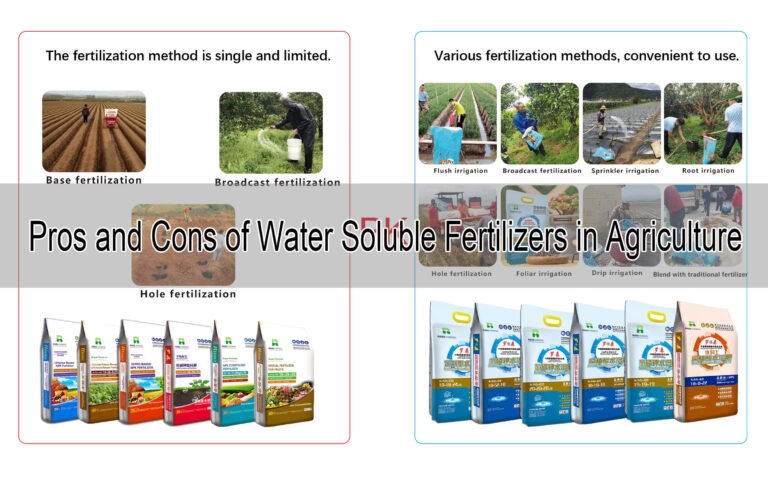

Learn how to calculate the best NPK fertilizer formula for plants. Optimize growth by matching NPK ratios to soil and plant needs…
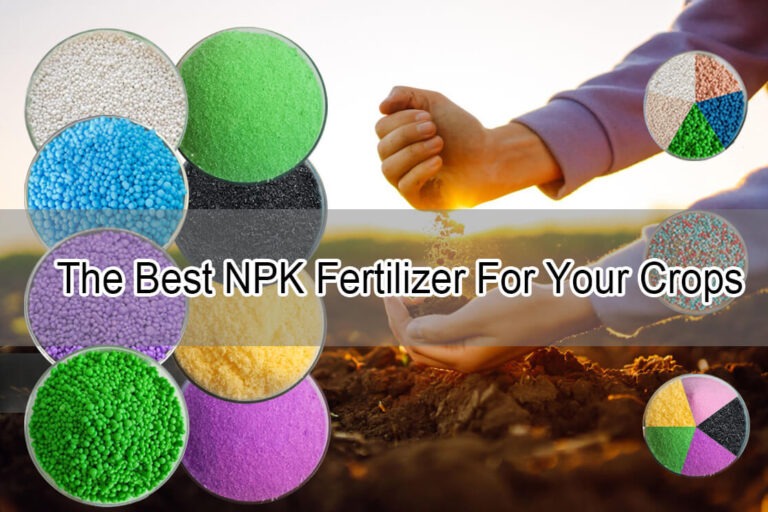

Discover the best NPK fertilizers for your crops with our comprehensive guide. Learn how to choose the right NPK ratio for vegetables, fruit trees, lawns, and flowers…
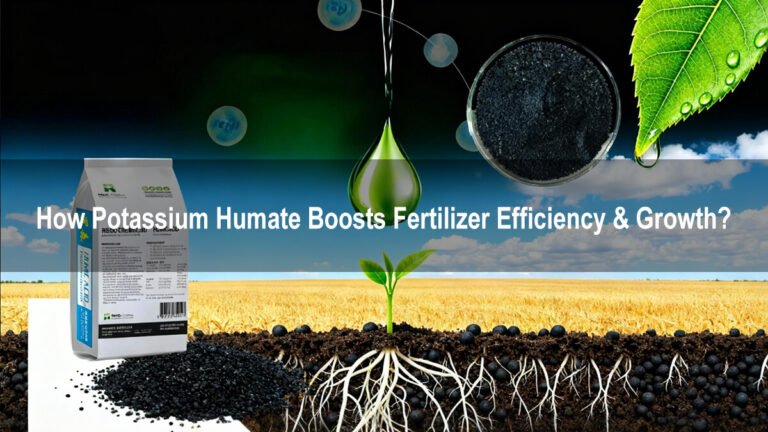

Learn how to select top water-soluble fertilizer suppliers. Step-by-step guide covering specs, lab tests, certifications, QC, contracts & logistics.
Want to find a China fertilizer manufacturer?
Risso will be your best choice; send us your request for your fertilizer details requirement
© Copyright 2017 RISSO CHEMICAL. All Rights Reserved.